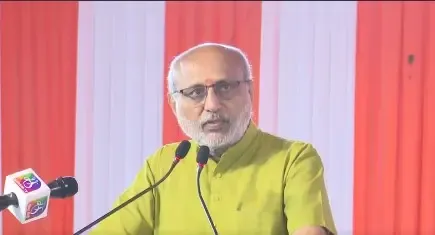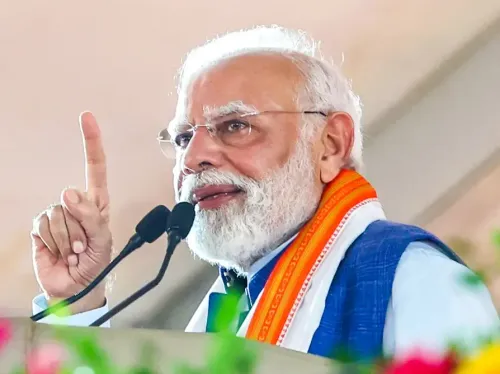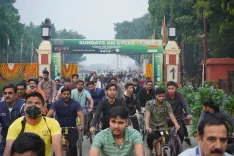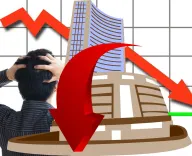Delhi High Court Requests Railway's Response on New Delhi Station Stampede Incident
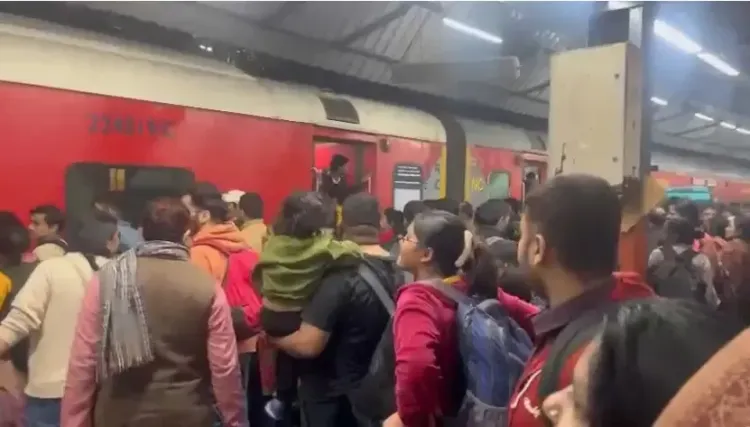
Synopsis
Key Takeaways
- 18 fatalities reported due to the stampede.
- The incident occurred during peak hours.
- High Court demands response from railway authorities.
- Public interest litigation aims to create guidelines for safety.
- Importance of enforcing Railways Act, 1989 highlighted.
New Delhi, Feb 19 (NationPress) In the aftermath of a tragic stampede that occurred at the New Delhi Railway Station during the busy evening hours on February 15, resulting in 18 fatalities, the Delhi High Court has summoned the railway authorities for a response.
A bench comprising Chief Justice Devendra Kumar Upadhyaya and Justice Tushar Rao Gedela was addressing a public interest litigation (PIL) that seeks to establish guidelines to avert such incidents in the future.
According to the petition, filed through advocates Aditya Trivedi and Subhi Pastor, the unfortunate incident on February 15 could have been averted if the railway authorities had adhered to the regulations outlined in the Railways Act of 1989 and complied with their safety protocols and accident management guidelines.
During the hearing, advocate Trivedi highlighted that the disaster on Platform No. 16 could have been prevented through strict enforcement of the rules by railway officials.
Section 57 of the Railways Act, 1989, mandates that every railway administration must set a maximum capacity for passengers in each type of carriage. Additionally, Section 147 stipulates that platform tickets are required to access railway stations without a valid reservation.
The petition argued that the authorities failed to recognize that the ongoing Mahakumbh in Prayagraj, Uttar Pradesh, necessitated stricter enforcement of these regulations. Even under normal circumstances, these rules are frequently disregarded, leading to congested platforms and trains.
Solicitor General Tushar Mehta, who serves as the second-highest legal officer of the Centre, stated that the railway administration does not view the petition as adversarial litigation and affirmed that the Railway Board would review the matter at the highest level.
After taking note of this submission, the bench led by CJ Upadhyaya scheduled the next hearing for March 26 and requested the Union government to submit a brief affidavit detailing potential decisions from the Railway Board.



